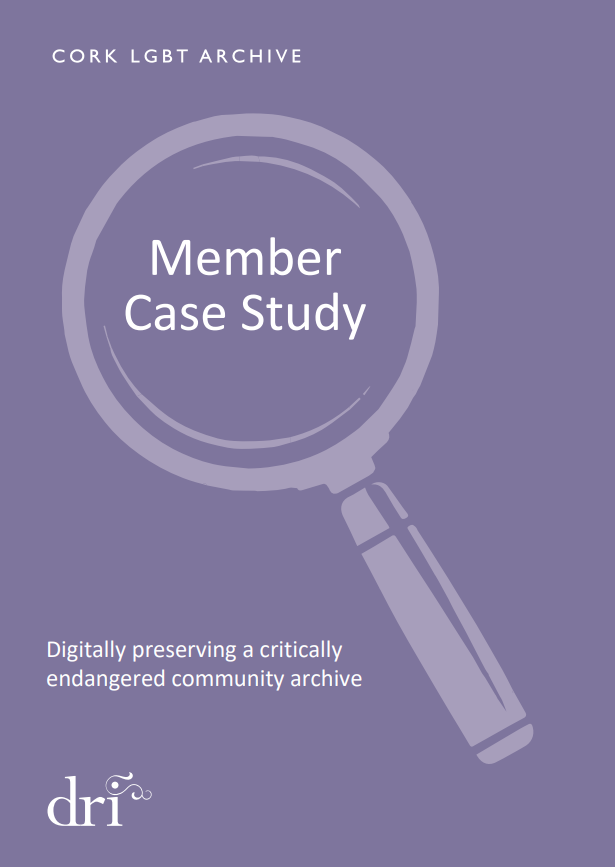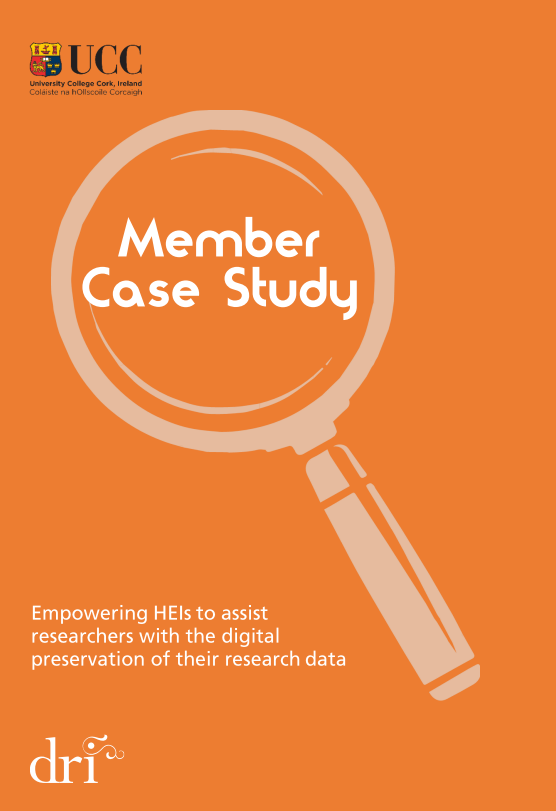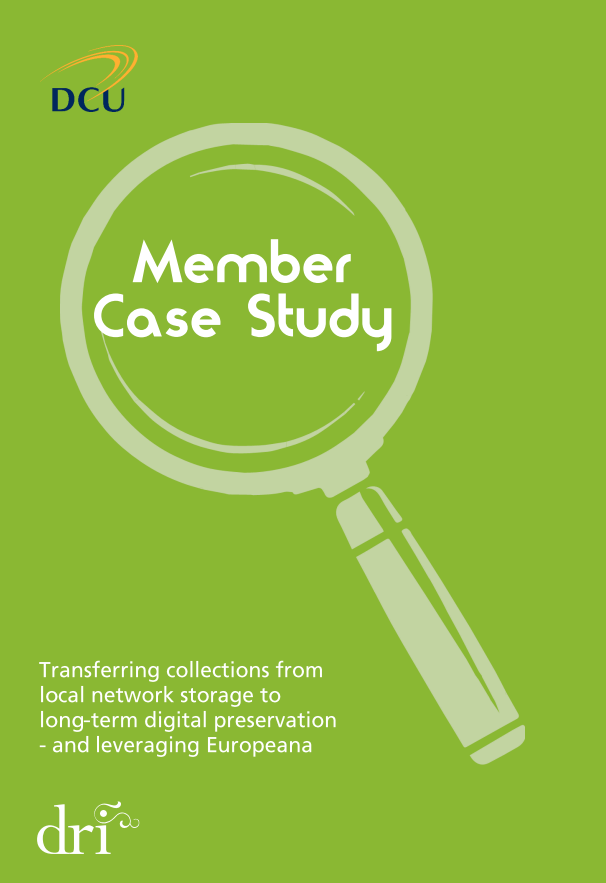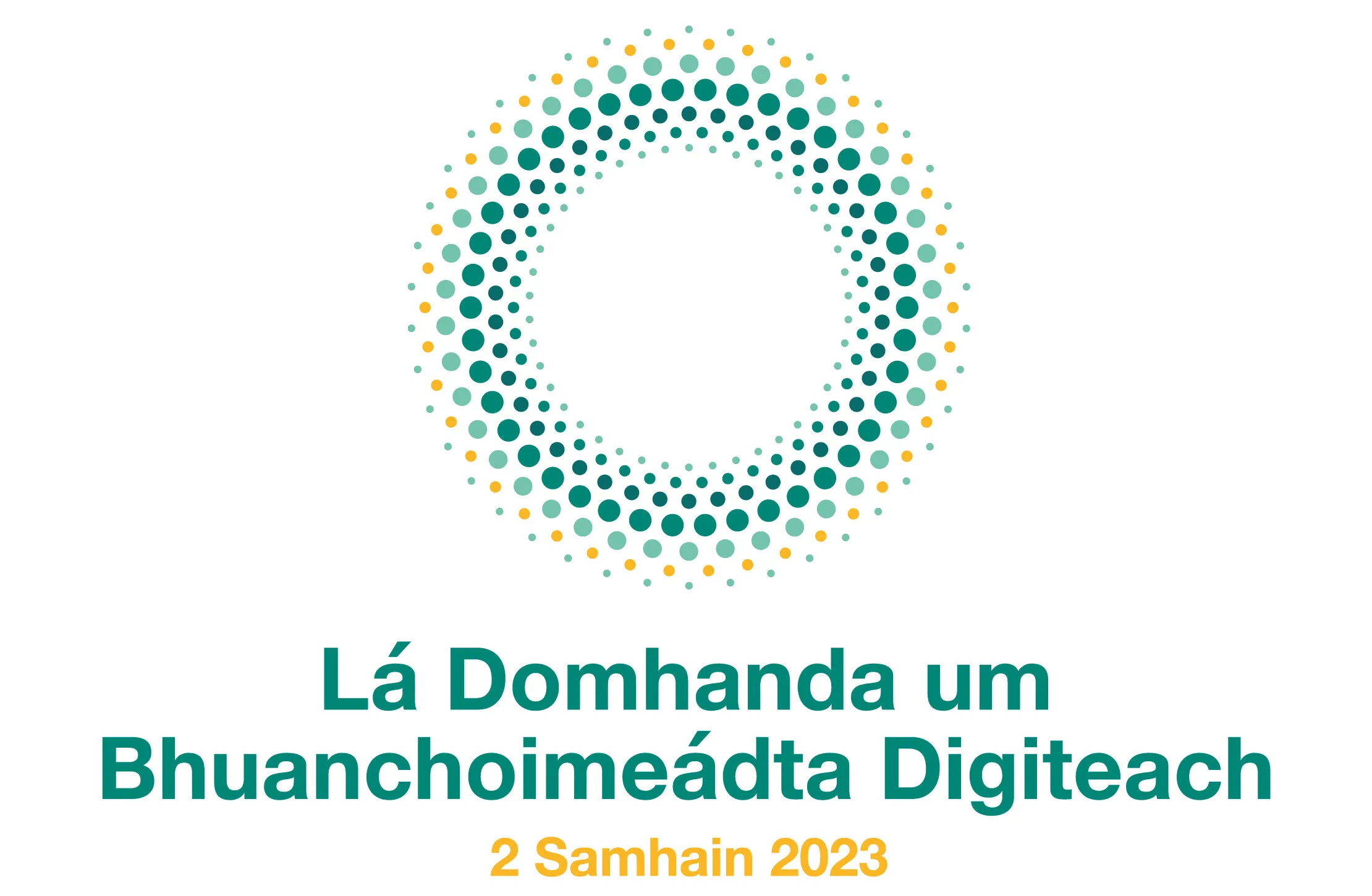Thursday 2 November marks World Digital Preservation Day #WDPD2023 and to celebrate, the Digital Repository of Ireland (DRI) are delighted to launch our first collection of Case Studies which offer an in-depth, detailed examination of some of the challenges facing our membership community.
These case studies illustrate not only the benefits and opportunities afforded by membership of DRI, but also the ingenuity and forward thinking of our dynamic #DigiPres members and collaborative community. Highlights include taking a close look at how DRI membership and collaboration can empower and equip organizations with the expertise, tools, training and support necessary to enable #FAIR digital preservation – as well as pragmatic problem-solving told by the members themselves.
You can view the full collection of DRI Case Studies in the Repository.

Cork LGBT Archive
In this case study, Orla Egan from Cork LGBT Archive reflects on some of the issues facing critically endangered community archives. Orla highlights how working with the Digital Repository of Ireland (DRI) has aided the Cork LGBT Archive’s digital preservation journey. Working together, the Cork LGBT Archive and the DRI have sought to protect and preserve LGBT community-generated content and the digital archives of Cork’s lesbian, gay, bisexual, and transgender communities.

University College Cork Library
In this case study, Drs Aoife Coffey and Deborah Thorpe from University College Cork’s (UCC) Library Research Data Service reflect on some of the issues facing endangered research data in a HEI context. They highlight how working with the DRI has generated solutions that has empowered researchers to be mindful of the long-term availability of their data, through a shared commitment to training and discipline-specific support.

Dublin City University Library
In this case study, Liam O’Dwyer and Killian Downing from Dublin City University (DCU) Library reflect on how an increasing number of Irish organisations, including libraries, galleries, archives, and museums, are choosing to publish their collections with the DRI. The authors detail the workflows developed to transfer materials from their instance of the AtoM platform (an open-source archive management system) to the DRI. They highlight their implementation process, as well as institutional approaches and aims to publishing collections to the DRI – and leveraging of Europeana.
Find out more by viewing the DRI Case Studies on the Repository. If you are a member organisation and are interested in being profiled in a Case Study, please email our Membership Manager.







